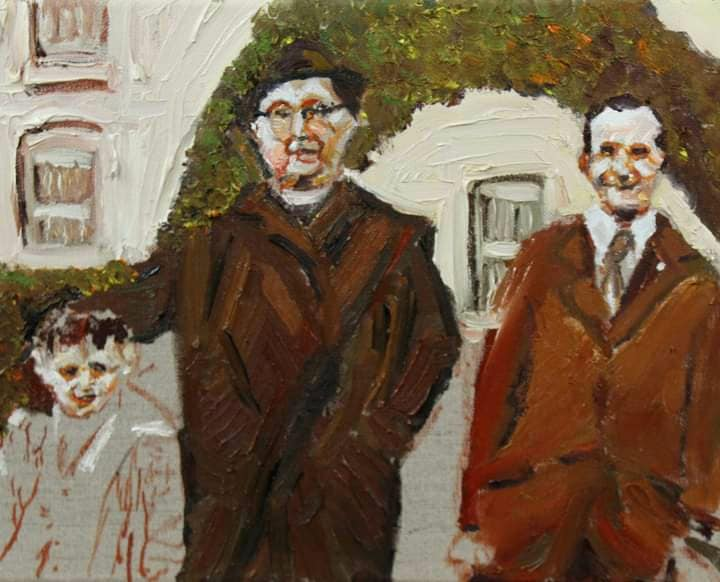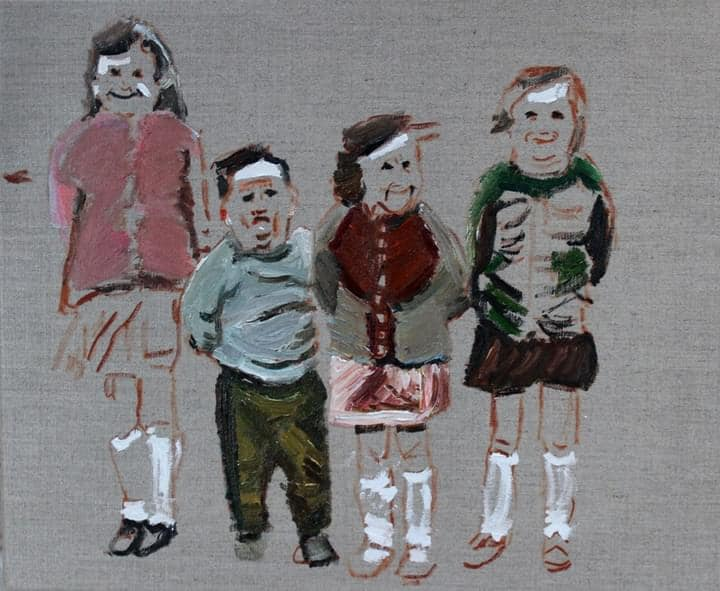
This is part of a series called “The Bottled Scream” A Disease of Self – Understanding Addiction and Recovery. To go back to the introduction click here. Trauma Chapter 3 Colonization “…the process of settling and establishing control over the indigenous people of an area….appropriating a place for one’s […]

This is part of a series called “The Bottled Scream” A Disease of Self – Understanding Addiction and Recovery. To go back to the introduction click here. Trauma Chapter 2 Anyway, my mother’s dependency on Valium didn’t help much with my initial attachment to her, having a mother who […]

This is a good introduction (1) into EMDR, the theory behind it and how it works in reprocessing the past! “EMDR: A Chance Discovery Eye Movement Desensitization and Reprocessing (EMDR) was developed by psychologist, Francine Shapiro, in 1987, following a chance observation she made while out walking. Shapiro noticed […]

Following on from Part 1 of this blog EMDR in the addiction continuing care process …”Post-EMDR Assessment Toward the end of her EMDR experience, Nancy was able to leave a job where she felt devalued, and she sought more meaningful employment. She attributed this exit to believing that […]

Case Study of a Cross-Addicted Female’s Treatment and Recovery Part 1 There have been suggestions in the literature since 1994 that eye movement desensitization and reprocessing (EMDR) may serve as an effective adjunct to the addiction treatment process; however, follow-up research in this area has been limited. […]
EMDR interview Francine Shapiro Fascinating and insightful interview with Francine Shapiro originator of EMDR which is used in treating a wide range of disorders such as PTSD. It is often seen as a trauma treatment only but this is partly because Shapiro first developed her ideas by working with […]
Today we conclude our fascinating article on the role of oxytocin in addiction. I am quite excited by these recent discoveries in oxytocin because they appear to offer some explanation for one question that has been with me for nearly ten years, why do alcoholics especially feel like they […]
PART 2 The endogenous oxytocin system changes and matures over time as part of normal development. This paper postulates that individual factors and early external influences (i.e. parenting, stress and illness) affect the developing endogenous oxytocin system and its connectivity with other systems affecting oxytocin levels and […]
PART 1 In a previous blog we have suggested that addiction may partly be the consequence of insecure attachment to our caregivers in early childhood and that as a result addicts often learn to attach instead to consuming substances, or behaving in certain “rewarding” ways such as […]
Processing the Past via the actions steps, 4-12! by alcoholicsguide How The Alcoholics Anonymous’ program of action helps with emotional dysregulation. A Personal Perspective In this blog I will attempt to explain how the 12 steps of AA, principally the action steps 4 through to 12, have not only connected […]







Recent Comments